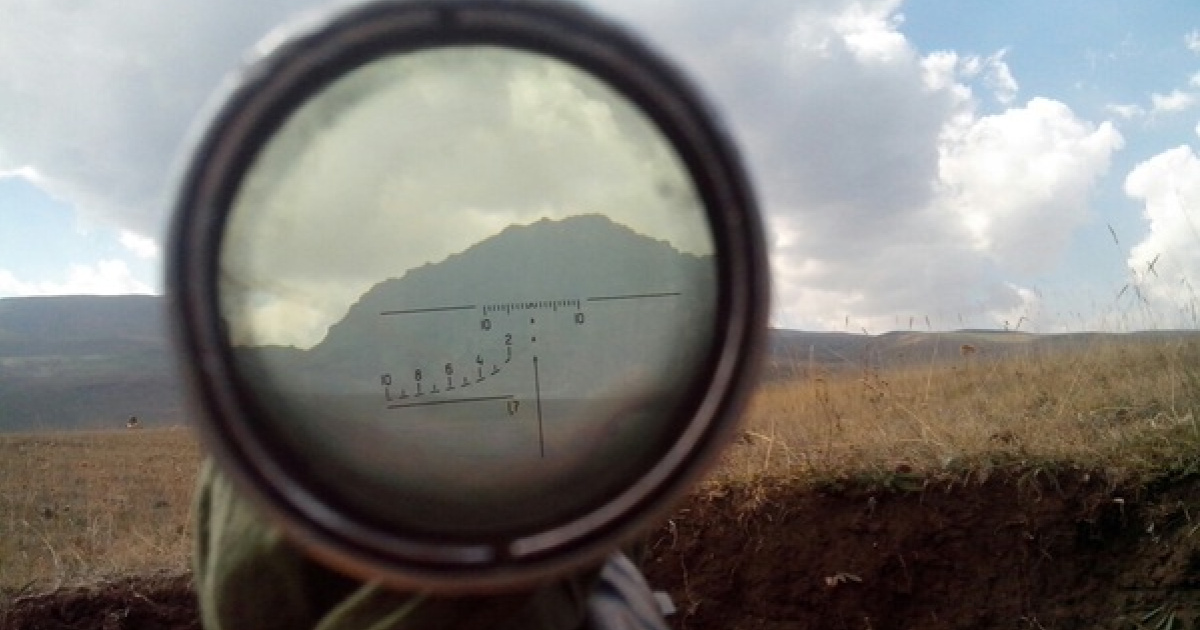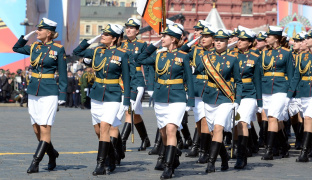The representative of Ukraine in the subgroup of the Tripartite Liaison Group Irina Gerashchenko denied the fact of amnesty agreement with the militants in Minsk. She announced that on Facebook, commenting on the statement of the OSCE Special Representative Martin Saydik about alleged agrred informal working paper on amnesty.
"On amnesty. I responsibly declare that on 15.12 neither during a meeting of the subgroups in Minsk, nor during the previous discussions on the political (and I know well from my dear colleagues Roman Bessmertnyi and Vladimir Gorbulin) or on our humanitarian the draft law was discussed and certainly adopted", - said Gerashchenko.
According to her, the participants studied the experience of amnesties in other countries.
"Yes, we are studying the experience of amnesties in other countries - for example, in Croatia Amnesty lasted 12 years, so we regularly listen to blackmailing militants and their hysterical demands to adopt amnesty urgently (they understand that they will soon be banned to enter the Russian Federation with their background) but no specific substantive documents were worked out", - said Gerashchenko.
According to her, the amnesty law will not be adopted by the Minsk Group but by the Parliament.
"Ukraine clearly stands on the following positions: the point of the Minsk agreements on the release of hostages, the amount of whom today is 139, must be performed! They were tortured, the mission to the Red Cross is not allowed to go to them. And the amnesty should be taken - as in all countries where such processes took place - after the final cease-fire, not when the conflict goes on, because it's impunity.
And there must be a clear differentiation of crimes and people, those who do not go under any kind of amnesty: involvement in the murder, torture and other crimes against humanity", - said Gerashchenko.
As previously reported, the media reported that the Special Representative of the OSCE in the Tripartite Liaison Group to resolve the situation in the east of Ukraine Martin Saydik said that at the negotiations in Minsk the coordinator of the subgroup of Political Affairs presented an informal working document of amnesty of militants controlled by Russian gangs on the basis of the written proposals of the parties.




